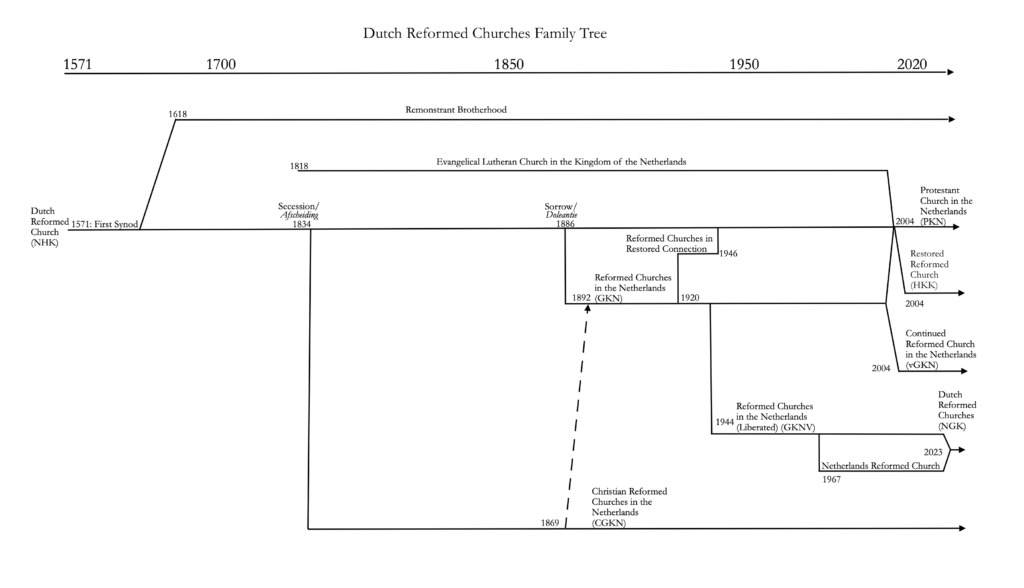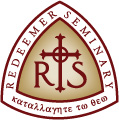10 Theses on Mortification and the Gay Christian
I wrote 10 theses on same sex attraction, mortification, and the gay Christian. The larger context can be found in the original post and in my essays on the subject. I thought it would be helpful to have the 10 theses as a separate post for ease of reading.
1) Sexual activity outside of marriage is sinful. “Activity” includes encouraging or cultivating erotic desire outside the bounds of God’s design and end for marriage. Encouraging or fostering an orientation to sinful sexual activity is itself sinful.
2) Sinful desire is both the result of original, indwelling sin, and is itself sin. Sinful desire must be hated, denied, and lamented.
3) Orientation towards sexual sin, including sinful desire, is a result of sin, and may be properly sin itself. The sinful condition of misery in which humanity finds itself is manifested in propensity towards sin springing up from within the person, as well as a tendency towards frailty with temptation being inflicted upon the person from the brokenness of the world around them…
Evangelical Scholarship and Elite Schools
Some time back Anthony Bradley asked the question of whether any doctoral graduates of evangelical institutions (e.g. Fuller, Southern, TEDS, Westminster, Wheaton) taught at Ivy League schools. Bradley’s question was rhetorical – of course they don’t, because those degrees aren’t worth as much. I decided to look into this and found that Bradley’s assumption is largely correct.
I looked at the divinity schools, seminaries, and department of religions for all of the Ivy League schools, plus American schools that typically rank in the top ~50 universities globally for religion and the humanities. Some, like Cal Tech, Johns Hopkins, M.I.T., and the University of Michigan didn’t have relevant faculty or departments. Others, like Columbia and Princeton, used neighboring seminaries (Union and Princeton, respectively). There was a lot of cross-pollination (inbreeding?) between the top schools, among the Ivy League especially. The more elite the school, the more uniform was its faculty. The more explicitly theological the school (e.g. Duke, Princeton) the more institutional diversity was present among its faculty.
There was a single faculty member of these schools with a doctorate from an evangelical institution (at Duke, from Southern Baptist Theological Seminary – a professor of Baptist studies). Below I outline a couple of overlapping theories of why. I also list out the schools and faculty with any master’s degree from evangelical institutions…
Against Public Atheism
Whatever you think of National Conservatism, Timon Cline’s writeup on the Christian nature of the United States is well worth the read. It begins with a critique of Mark Tooley’s approach to public Christianity:
Tooley warns that coercion, which presumably encompasses culturally cultivated social stigma, never works. As a good son of the Great Awakenings, he insists that only spontaneous revival will root the nation in transcendence. Any hint of state involvement therein, any governmental thumb on the scale, would be counterproductive, making religion forced, stale, or counterfeit. Best to not meddle as to not muddle.
Hypothetically, if national conservatives are “establishmentarians,” then we could call Tooley’s position “public atheism.” This is not to imply that Tooley or Christians like him—and there are many—are disingenuous or embarrassed by Christianity and the Bible. Rather, public atheism is a typical right-liberal posture akin to what used to be called practical atheism.
Public atheism, for our purposes, is marked by suspicion of, and hostility to, whatever smells of formal, state-level recognition and privileging (i.e., honor) of Christianity over and against other faiths on offer. It decries “public Christianity” as an artificial limitation of the realm of possibility. It is, in a word, pluralism, insofar as it features a kind of religious market fundamentalism.


